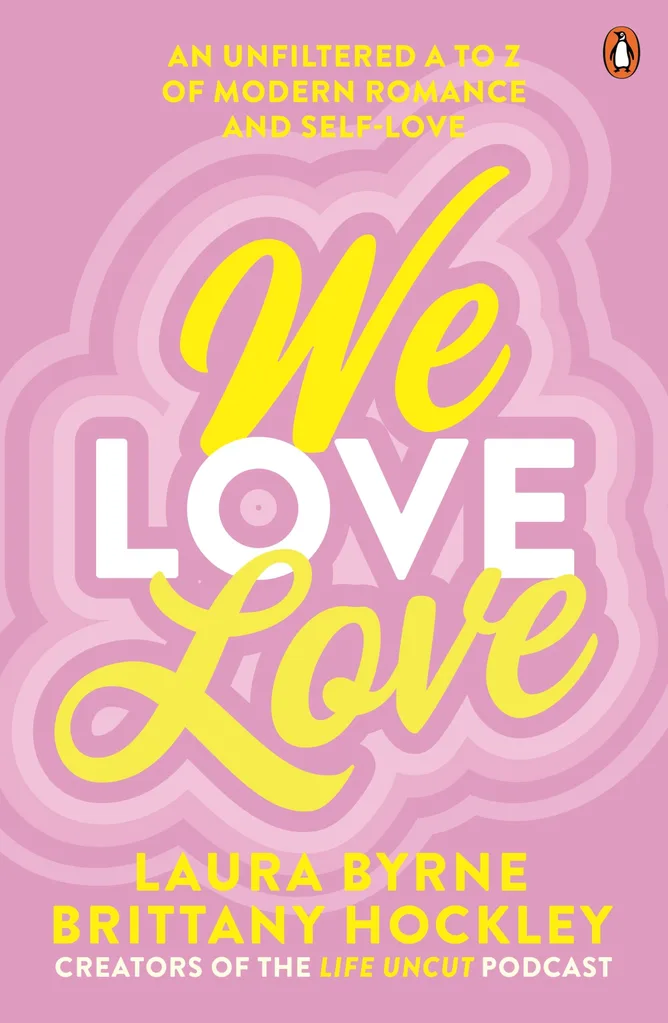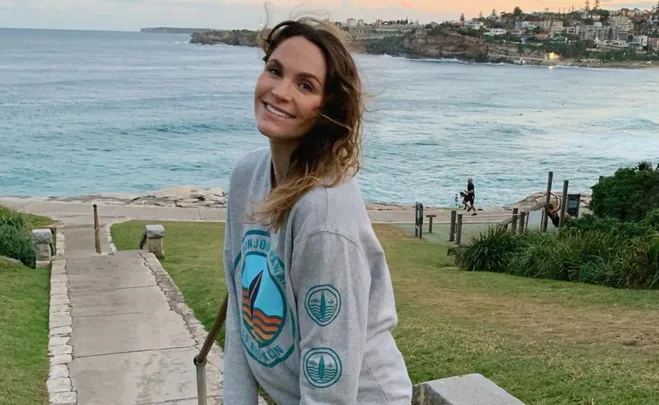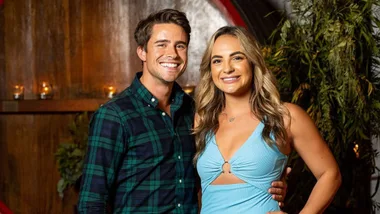I was sitting at my desk, unable to ignore the dull pain in my abdomen. It was a perfectly ordinary Tuesday in the office. The printer was broken; Amy, who sits across from me, was talking about going away to Jervis Bay for the weekend.
Everything was normal . . . except I was miscarrying.
That’s the thing about pregnancy loss: so often it happens in secret. It happens to women at Woolworths picking up pasta sauce, to women at work wrestling with deadlines, to women in line for the school pick-up – all these women carrying on as they undergo personal tragedy. Mothers quietly grieving the babies that they never got to hold, some of them ashamed that their bodies failed them, tormenting themselves with the question, What is wrong with me?
Like a lot of women, I had never really thought about my fertility. I had spent the whole of my twenties so focused on not getting pregnant that I’d never even considered how difficult having a healthy pregnancy could be. I certainly didn’t think I would ever experience a miscarriage – let alone two. It’s a mothers’ group no one wants to be a part of, and yet there is something comforting and healing in talking about pregnancy loss. Hearing other women share their own stories was what put an end to the shame and stigma for me. I stopped trying to make sense of it, stopped blaming myself and was able to accept that I wasn’t damaged goods, and understand that for a lot of women, miscarriage is a common and inextricable part of their journey to motherhood.
Matt and I had been dating for a year when I first found out I was pregnant. We had spoken about our future – getting married, having kids – but all of that was a safe five years away. I was on a solo work trip to Bali when I started feeling a little off. I chalked it up to Bali Belly, but I also couldn’t remember exactly when my last period was, so I thought I’d better just get a pregnancy test to check – not really believing that I could be pregnant.
I’d just finished dinner in my hotel and the pregnancy test I’d bought earlier in the day from a little pharmacy on Jalan Legian was on the counter. I took the stick out of the paper, peed in the plastic cup and sat there scrolling Instagram, expecting a single line to show up. I remember looking down and seeing the faintest mirage of a second line. I held it up to the light to inspect it closer, trying to make out if I was imagining it – then as more time passed, the line grew darker.
I was pregnant.
The reality of those two little lines smashed me in the face like a freight train. I sat there on the cold floor of the bathroom and cried and cried. I cried because I didn’t know how Matt would react to the news. I cried because in a single moment my life had careened off course again. And I cried because there was no doubt in my mind that I was keeping this baby.
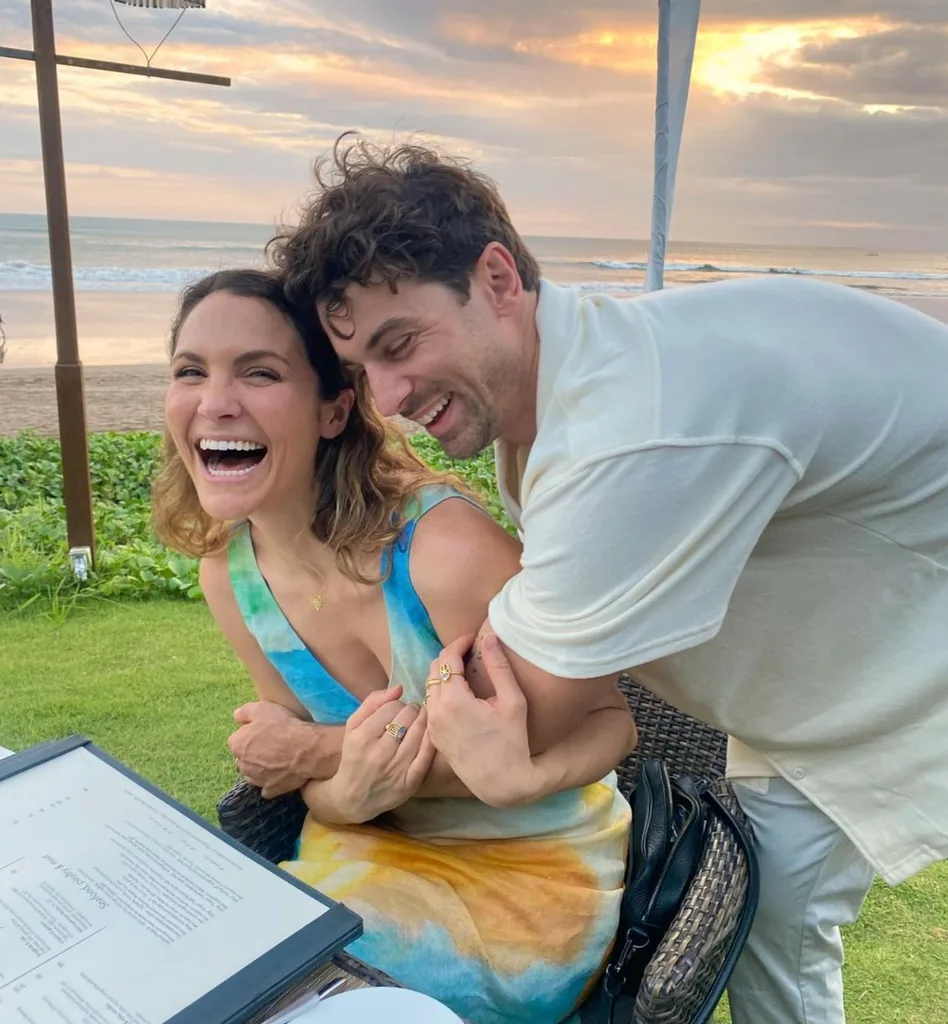
I decided that I wanted to tell Matt in person, as this didn’t feel like the sort of news that could be delivered over the phone – so for two weeks I walked around Bali with this heavy secret. When I arrived back in Sydney, Matt picked me up from the airport. I was overcome with a mix of nerves and morning sickness, unsure what his reaction was going to be. I barely got the words out.
‘I have something I need to tell you—’
He cut me off with the biggest, stupidest grin across his face. Somehow he just instinctively knew. ‘You’re pregnant!’ he said, combusting into laughter.
In that moment, I understood that ‘unplanned’ is not synonymous with ‘unwanted’. The weight and the fear around being pregnant lifted and it was one of the happiest days of our lives.
Over the next six weeks everything changed. Our five-year plan went out the window but we were so excited. We were going to be parents, and we were all in. The world didn’t know yet, most of our friends didn’t know yet – but we knew.
Weeks passed and we still mostly kept the news to ourselves, waiting for the elusive three-month mark before we told everyone the good news. When I woke up one morning with a dull throbbing ache in my side and a little bit of blood, I dismissed it as some spotting and didn’t think the worst. I had read that some women can have bleeding in early pregnancy and so I wasn’t overly alarmed. I had a shower, ate some breakfast and went to work.
A couple of hours rolled by and the bleeding got heavier. As I sat at my computer replying to customer emails, I realised I was miscarrying.
For me, losing a baby that was a happy accident was a unique sort of loss; it’s emotional whiplash. It’s hard to reconcile how you can be so sad about losing something that you hadn’t been ‘trying’ for. I felt alone and I felt broken, which was compounded by the fact that I didn’t know anyone apart from my mum who had experienced pregnancy loss. I also found it hard to explain to friends and colleagues why I wasn’t myself, and why I needed to have time off work. I wasn’t sick; I was grieving. But very few people had even known I was pregnant. On one hand I wasn’t prepared for how sad I would feel in the weeks after it happened, but then there was also the physical pain, something I was equally ill-equipped for. I had scoured the internet for information, I had even googled ‘How to stop a miscarriage’ while sitting at my desk that afternoon at work. It felt silly and futile but my body was doing things I had no control over. As the cramping and bleeding increased, all hope disappeared and I didn’t know what to do. Going to Emergency felt too extreme, waiting to see the GP felt too controlled – but there was no in between.
After the doctor confirmed what I already knew, I was told very matter-of- factly that I would have ‘period-like’ cramps and pass some clotting. But it is one thing to hear that and another to live it: to feel the weight of those clots drop out of you, what was once the hope of a baby, and then flush it down the toilet. This is the ugly side of miscarriage. As a society we don’t like to talk about women bleeding, so the physical aftermath of miscarriage gets even less airtime than the emotional one.
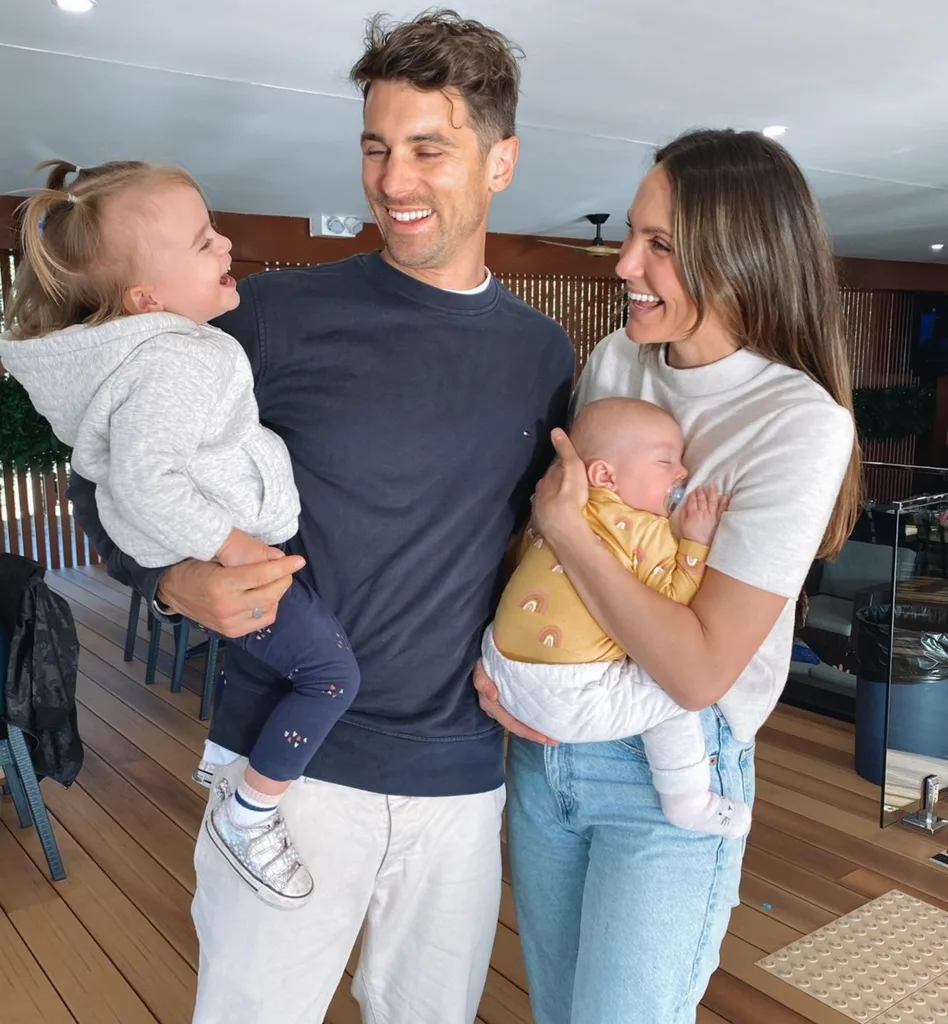
There are stories just like mine all around us, held and carried by women in every workplace, friendship group, family and mothers’ group – women who have experienced pregnancy loss. One in five pregnancies end in miscarriage and I remember reading this statistic over and over and thinking, WHERE THE HELL are all these women?! No doubt they are asking the same question, too. It was only after I started talking about my miscarriage that other women who I was close to shared their own experiences. Listening to them, I felt less alone, and I hated my body a little less knowing that other women had shared the same feeling of their body having betrayed them.
It’s the secrecy that makes miscarriage feel so stigmatised and leaves women feeling isolated. Silence is ingrained in us; it’s enmeshed in every conversation that centres around early pregnancy. Women are told not to share their happy news in the first few weeks until they’re medically given ‘the all clear’ and until the screenings that help determine foetal abnormalities have been passed. If you’ve made it out of the woods of the first trimester, the likelihood of miscarriage is statistically lower.
If we really unpack what this implies, it says ‘You shouldn’t share the good news that you’re pregnant until it’s safe. That way you won’t have to share your bad news if things go wrong.’ Keeping miscarriage a secret gives the impression that it’s rare and taboo, when in fact it’s so common.
Denying women the opportunity to talk about the early weeks of pregnancy also denies women the opportunity to talk about pregnancy loss. It insinuates that miscarriage is something to be kept hidden, something to be ashamed of. And where there is shame, there is also self-blame – maybe it was that glass of wine I drank, maybe it was the abortion I had ten years earlier, maybe I deserved this, maybe it’s because I ate soft cheese, or because I lifted that heavy suitcase, or because there is something wrong with me. The maybes are endless.
After my first miscarriage, something fundamentally shifted in both Matt and me. The sadness I felt from losing our baby at eight weeks made it so clear to me how much I wanted to start a family. We couldn’t just flick back to the five-year timeline, so we fast-tracked the baby-making. We have since brought two little girls into the world. I feel so incredibly grateful to be a mum to my maniacal toddler Marlie-Mae and to Lola, who we fondly call Melon. Pregnancy after miscarriage is weird and crazy wonderful. It brings with it all the joy, but also a niggling anxiety that something might go wrong and the painful reality that it could. And in the years between having my two little girls I also experienced my second miscarriage.
Sometimes it can feel as though Instagram is an endless scroll of perfect pregnancy announcements and gender reveals. Comparison culture is rife and it chips away at our self-worth, especially in the motherhood space. When you’re in the trenches of fertility struggles, you can find yourself thinking that everyone else has it so fucking easy. But talking about pregnancy loss is the first step to destigmatising it. Putting your hand up and saying, ‘Me too, I’m a part of that club no one talks about,’ is a warm embrace to anyone who finds themselves grappling with pregnancy loss, and feeling as though their body couldn’t make a home for the baby that was so desperately wanted.
To anyone reading this who is in the trenches, I want you to know it’s not your fault. So many things have to go right to bring a pregnancy to full term; only one thing has to go wrong for it to end in miscarriage. You’re not broken, you’re not defective and most importantly you’re not alone.
This is an edited extract from ‘We Love Love’ by Brittany Hockley and Laura Byrne. Published by Penguin Random House Australia, RRP 35.00.
